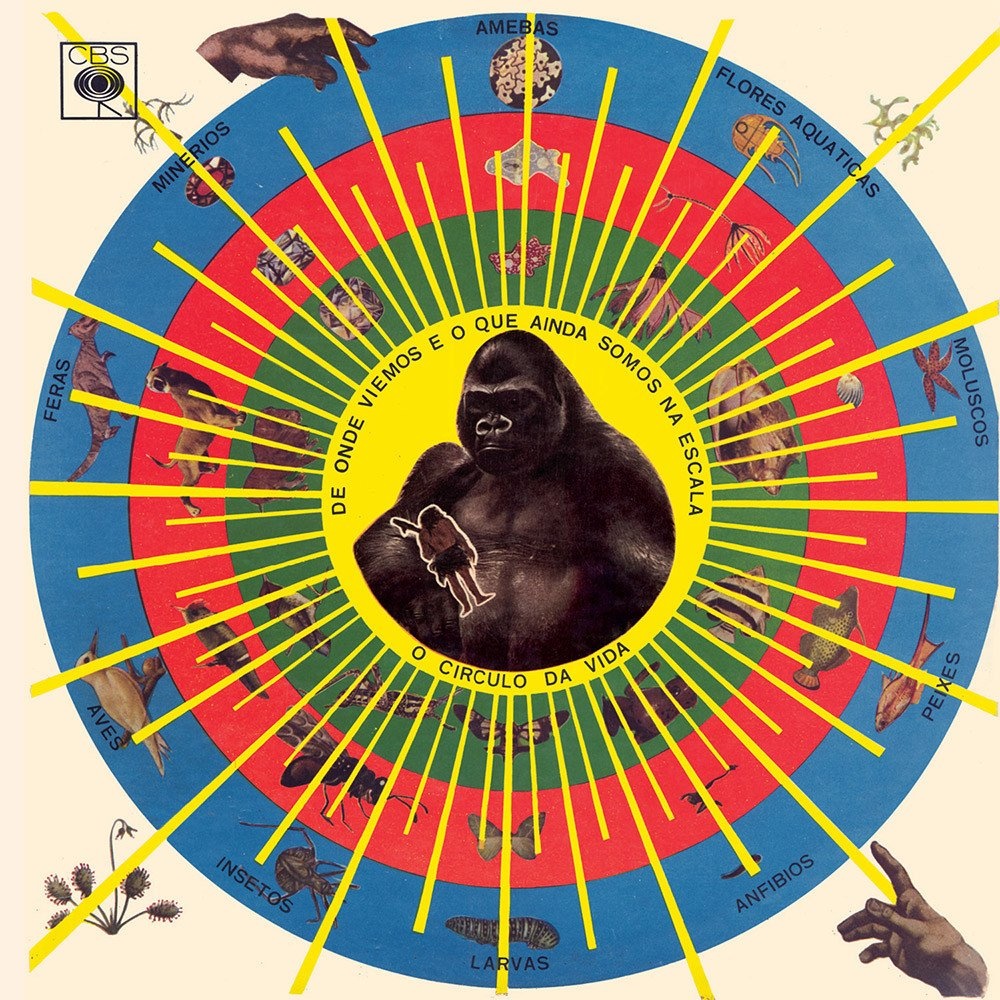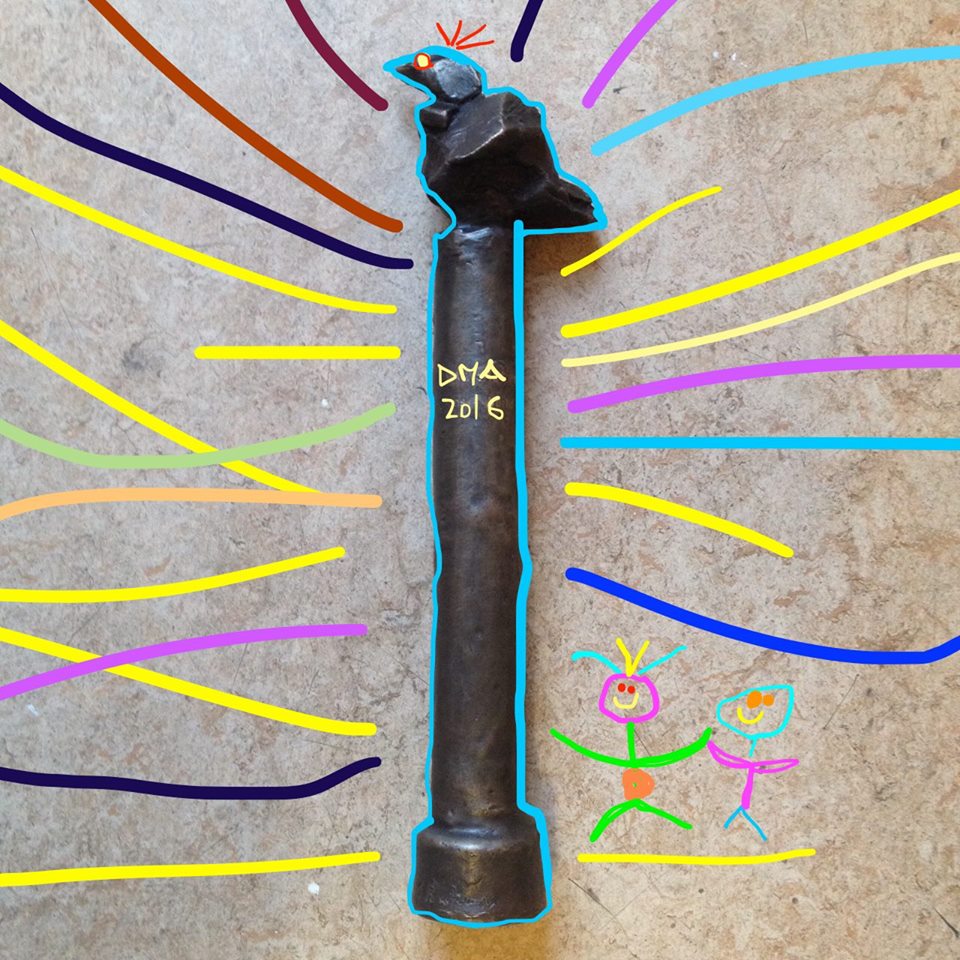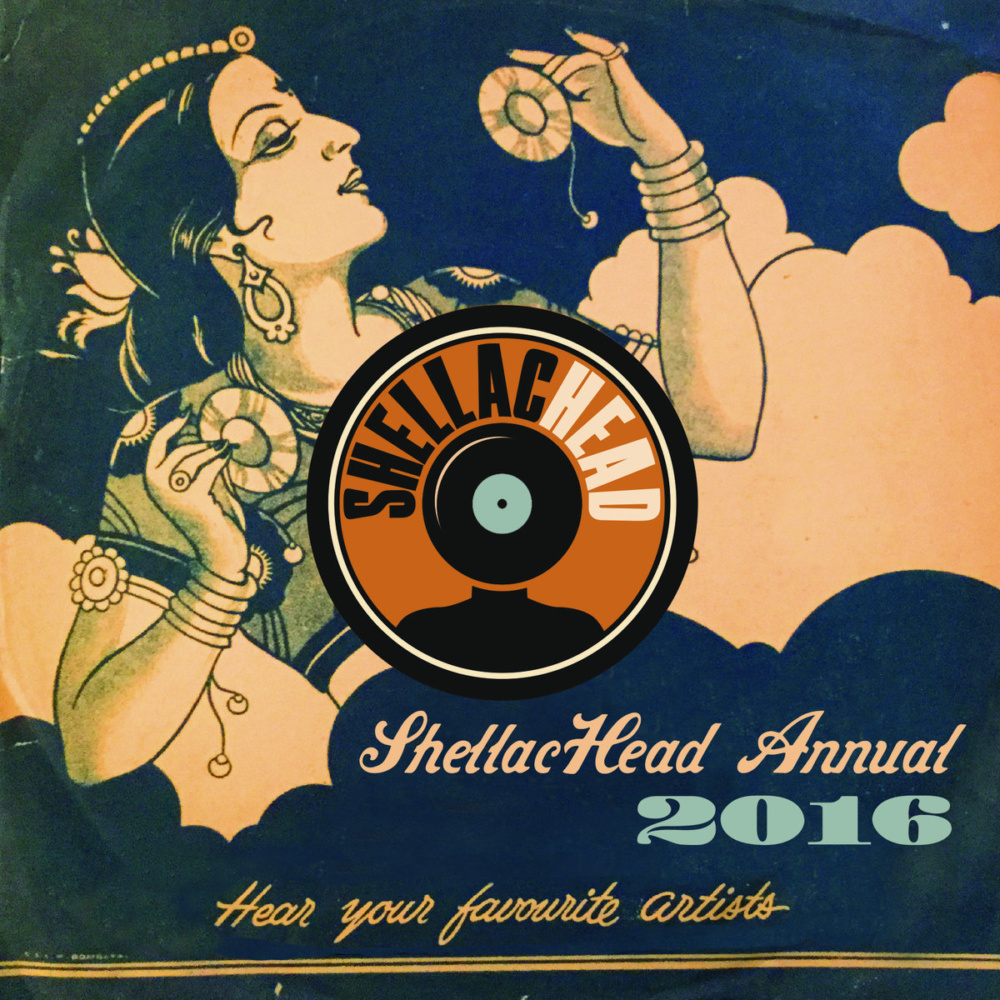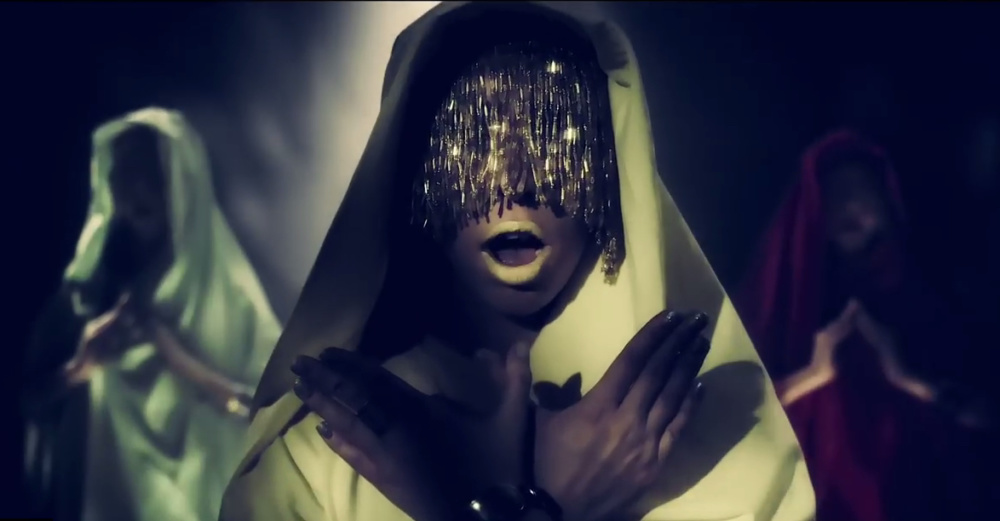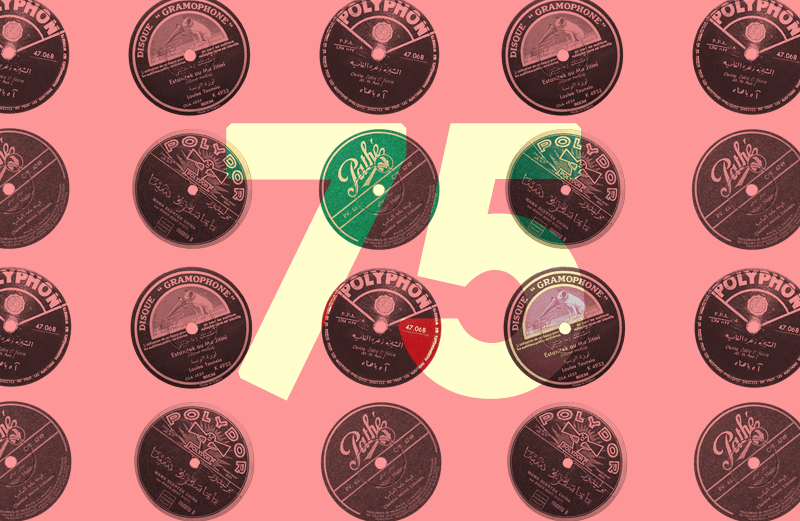Fantastic Man
On Wednesday, NYC-based record label Luaka Bop shared the sad news of Nigerian electronic artist William Onyeabor's passing. In 2013 the imprint released a highly acclaimed compilation of Onyeabor's work entitled "Who is William Onyeabor?" in reference to the "elusive mystery man of music" (Mike Rubin, New York Times, 2013). The release ranked among TIME Magazines best 10 albums of 2013. However, to this day, little is known about the man behind the music.
And so, leading up to the now notorious release, a team set out to find out more about a man, who "paved the way for a different kind of sound coming out of Africa in the 70s". The result is the 30-minute documentary "Fantastic Man" by Alldayeveryday director Jake Sumner, in association with Luaka Bop Records, featuring a host of prominent and less prominent contributors.
But before we let you watch this invaluable piece of work, here are some introductory quotes from the film, to help set the mood and context. Enjoy!
"The Nigerian civil war lasted from 1967 to 1970. One thing that kept peoples' spirits up was music. You had a lot of young people forming rock'n'roll groups." –Uchenna Ikonne (music historian / DJ)
"They were into Western music, the sort of experimental, psychedelic rock and the blues and the soul. But they took it all and they just mashed it up with their own styles." –Damon Albarn (musician)
"Nothing sounds like William Onyeabor. It's like nothing that was being heard in Nigeria at that time. [...] 'Willy' took it to another dimension by using synths. To use them how he did, that's the extraordinary thing. [..] Even people who knew about he entire scene, knew very little about William Onyeabor. A lot of the other musicians had all played on the same circuit together [...] so they knew each other. But very few of them had ever come across Onyeabor." –Duncan Brooker (record collector)
"For years I guess I've been playing his song 'When the Going is Smooth and Good' in my DJ sets and people always respond, people always cheer like they know the song really well. The thing that sets his use of synthesizers in his later music apart is that he's using sequencers and drum machines to create this kind of perfectly robotic loop, using repetition as a primary element in making music, which was an idea that was definitely happening in the beginnings of dance music. He was developing the same kind of ideas that were developing at that time in the United States, but independently." –Dan Snaith/Caribou (musician / DJ)
"It was certainly groundbreaking. I had been a Kraftwerk fan and for me it was like, he was doing something similar to what Kraftwerk had been doing, but clearly in his own way and combining our own tradition/Nigerian context to an electronic format. No one as far as I knew was doing anything that avant-garde. It had constant airplay. The video was constantly being played. [...] There are people who had some knowledge of him, but then, no one really had anything to say about his personal nuances. It was more like, 'Oh yeah, I saw him drive past' or 'I went to his studio and we saw him in passing'. So he was practically all around us, but really nothing was know about him." –Ed Keazor (music historian) on William Onyeabor's "When the Going is Smooth and Good" (1985)




